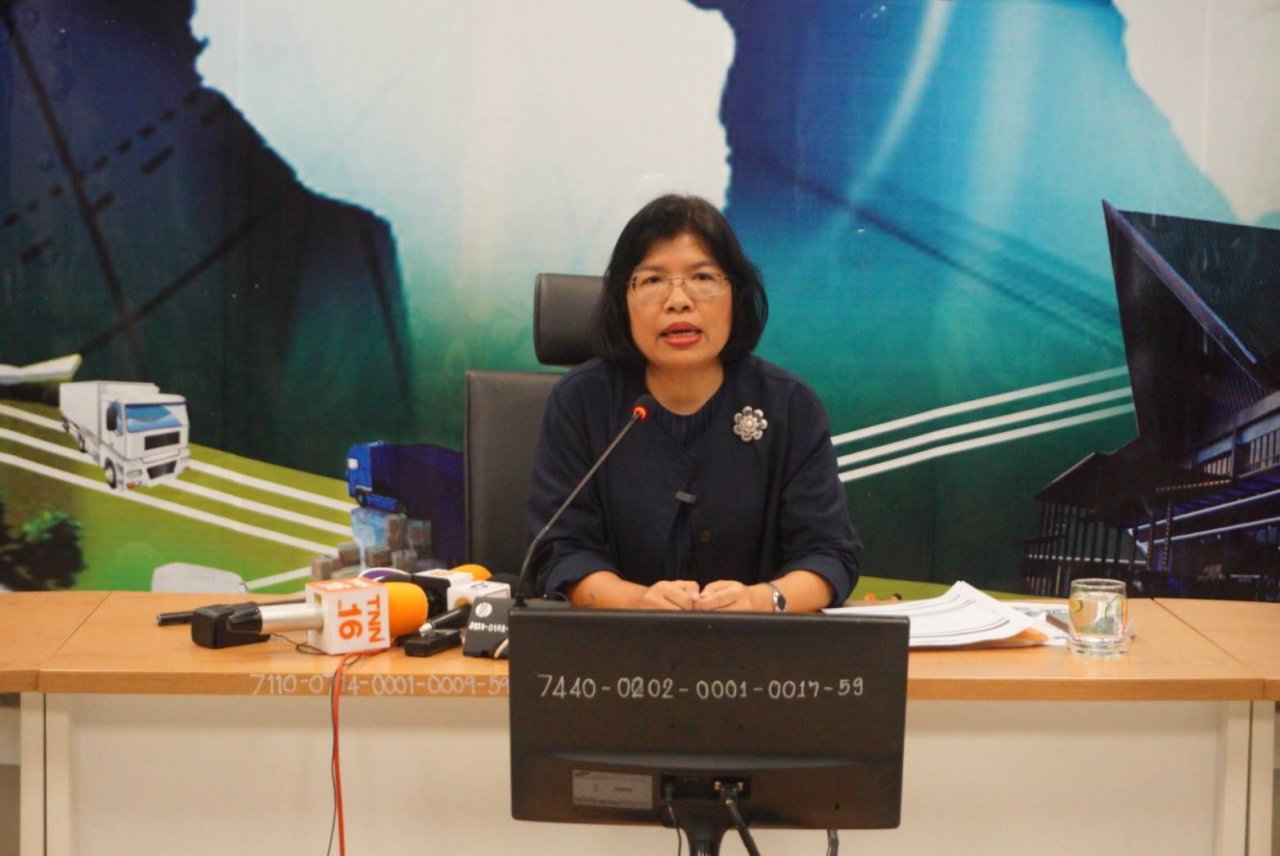Asean trade window tops agenda
CONCLUDING THE Regional Comprehensive Economic Partnership (RCEP) negotiations and fully implementing the Asean Single Window (ASW) for all 10 Asean members by the end of this year are Thailand’s two top economic priorities as Asean chair, according to a senior official from the Commerce Ministry’s Department of Trade Negotiations (DTN).
“To counter the rise of protectionism around the world and mitigate the negative impacts of the US-China trade war, completing the RCEP negotiations by the end of this year as Asean chair is one of the Commerce Ministry’s top economic priorities,” said Auramon Supthaweethum, director-general of the DTN.
When negotiations are concluded, RCEP will be the largest multilateral trade pact in history – encompassing China, India, Japan, South Korea, Australia, New Zealand and the 10 Asean nations. The combined gross domestic product of prospective RCEP members accounts for up to 28 per cent of global GDP and as much as 30 per cent of the value of world trade, she said during a press briefing on cross border Asean trade through the Asean Single Window at the Sadao Customs House in Songkhla.
There are a total of 20 chapters in the RCEP negotiations, seven of which were completed last year. Thailand aims to conclude the remaining 13 chapters this year, ranging from trade in goods and services, investment liberalisation, rules of origin, intellectual property regulations to e-commerce competition regulations, according to the department.
“This year, there are four rounds of negotiations at the minister level, and another four at the director-general level,” Auramon said. “We will first deal with chapters deemed easier to reach an agreement .”
“One such chapter involves e-commerce competition regulations. It aims to increase the convenience of trade through e-commerce between RCEP countries,” she said during a sideline interview.
Another priority issue is to make sure that all 10 Asean members are using the Asean Single Window (ASW) by end of the year, Auramon told reporters.
ASW will integrate the different single-window systems of Asean member countries via electronic exchange of trade-related documents to expedite cargo clearance and boost cross-border trade. ASW aims to digitise the certificate of origin, known as ‘Form D’.
Thailand, Singapore, Malaysia, Vietnam, and Indonesia have implemented the ASW since the beginning of last year.
Before it was first implemented in the five Asean countries, goods being traded between them required a physical certificate of origin to receive benefits under the Asean Free Trade Agreement (Afta).
However, some border posts in the Asean region still lack authority to approve the certificate, with goods being stranded at the crossing by up to 10 days before the document is issued by the relevent authority, Auramon stated.
“The ASW will digitise Form D. We expect the use of an electronic Form D through the ASW gateway to reduce the waiting time at the borders to one to three days,” she said.
“Three countries – Philippines, Cambodia and Brunei – are currently in the final stage of testing the ASW, and will join the integrated system this year,” the director-general explained.
“Laos and Myanmar present the biggest challenge to our goal as they are still in the development stage,” she added.
“In January and February, officials from the Thai Customs Department visited Laos and Myanmar to offer guidance and support in developing the ASW,” she said.
“Going forward, Thailand as Asean chair will continue to provide guidance and support to the two member nations in a push for complete implementation of the ASW this year”.
Source: http://www.nationmultimedia.com/detail/Economy/30365533


 English
English




